Biomedical Materials Science chair earns top educator honor
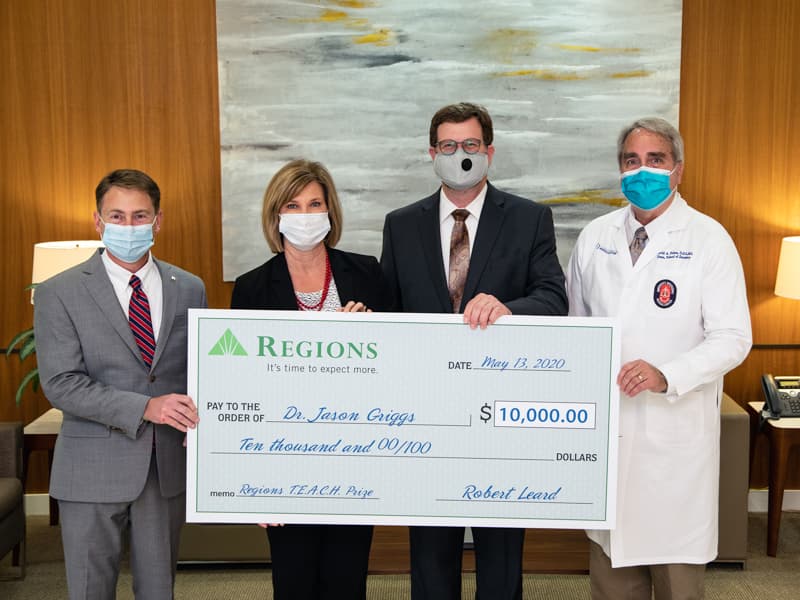
Dr. Jason Griggs, chair of the Department of Biomedical Materials Science, has come a long way in 22 years.
“I didn’t set out to be a teacher,” said Griggs, whose father, mother and grandfather were all educators. “I’m an introverted personality, and I had stage fright when I started teaching.”
When he began as an instructor at Baylor College of Dentistry in 1999, he was, in his own words, an “awful” teacher.
Math, chemistry, computer programming and every other subject in biomaterials science come naturally to him. But teaching and speaking in front of groups of people was not originally his forte. Teaching was a means to an end and a way to support his research.
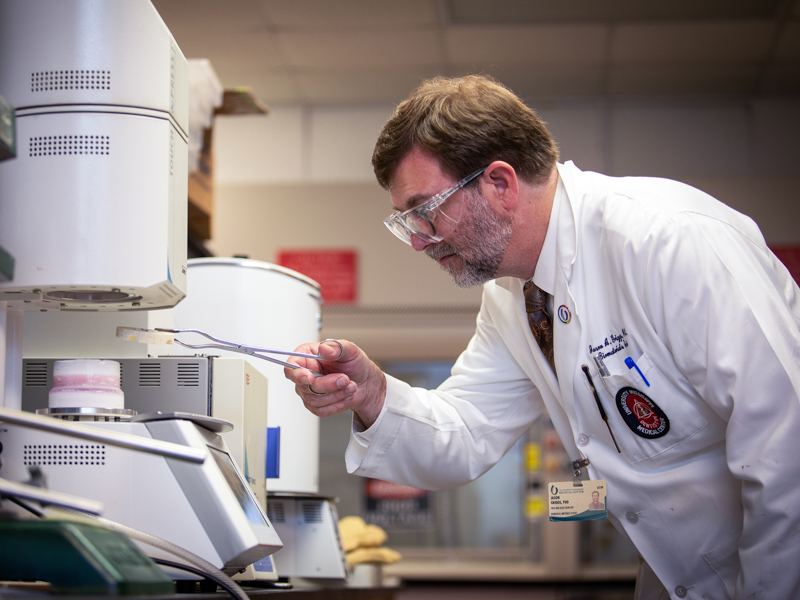
Eventually, though, teaching grew on him. And when he came to the University of Mississippi Medical Center 12 years ago, he took advantage of opportunities to improve his skills as an educator, like learning from educational psychologists the school brought in his second year at the Medical Center.
The strategy worked. Griggs was awarded the Regions Bank TEACH (Toward Educational Advancement in Care and Health) Prize this year, and he has taught, mentored and positively impacted hundreds of students over the years. Regions Bank sponsors the prize which includes a cash award of $10,000.
The prize, which Griggs says is the “most meaningful honor” he’s received in his career, celebrates an outstanding educator who demonstrates excellence in delivering innovative teaching methods; engaging and inspiring students; conveying accurate, contemporary knowledge; setting clear, appropriate expectations for professional behaviors; and guiding and mentoring students.
Griggs checks off every box.
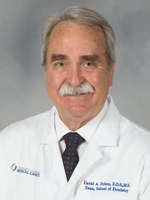
“Dr. Jason Griggs epitomizes the type of faculty that the TEACH prize was designed to honor,” said Dr. David Felton, dean of the School of Dentistry. “He is innovative in his teaching methods, accessible to students whether in person or online, and makes the complicated science of dental biomaterials not only palatable but highly interesting.”
Felton continues to describe Griggs as the school’s “leader in evidence-based dentistry,” which he says is “the key to the future of dental education.”
“Dr. Griggs is highly deserving of this honor,” said Felton.
His personal teaching philosophy is to make his subject matter easy to learn, and he does this by distilling complicated topics into simple language. For example, when asked what he researches, he responds: “In a nutshell, I break things.”
While he does indeed break dental materials in addition to studying their resilience over time, his research can be complicated. Terms such as “fractal geometry” are used, but he makes the information more accessible by giving students a simple baseline to follow first.
He learned the technique, he said, from two former professors who made a huge impact on him.
The first is University of Florida professor Dr. Rolf Hummel, who taught Griggs in his Electronic Properties of Materials class.
“Dr. Hummel had a way of taking a topic that was one of the most complicated topics I had to learn, and he had a way of describing it in simple, easy to understand terms,” said Griggs of Hummel, who wrote his own textbook that is translated into five languages. “He also had this casual, friendly nature. He really got to know the students and wasn’t pretentious at all.”
The second professor who embodied the same traits that made such an impression on Griggs as a Ph.D. student was Dr. Ronald Marks, a biostatistics professor.
Marks did a unique thing: he also wrote his own textbook, and it included no equations.
“He managed to take a topic like statistics and explain it without equations,” said Griggs, who still loans a copy of that book to his own students who struggle with the subject.
Griggs, who teaches both graduate students and dental students, has clearly achieved the same easy-to-learn-from and approachable qualities he so admired in his professors.
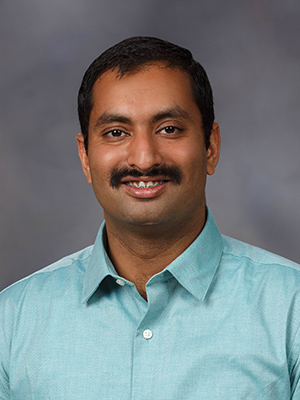
Ph.D. student Kartikeya Singh Jodha said Griggs is “dynamic and engaging” in his teaching, and his top priority is that students “firmly grasp even the most complex subject matter.”
He also noted Griggs’ personability and kindness.
“One of the things that struck me when I joined his lab was that he would acknowledge your efforts and time but also care about your personal well-being,” he said. “Over the years, he has had multiple collaborations and students from across the globe who worked with him, and for some, English was not their first language. He was always patient, understanding and supportive of them.”
Griggs manages to keep a down-to-earth, approachable reputation around campus despite his vast knowledge and experience in his field. He is a Fellow and former President of the Academy of Dental Materials, has served as principal investigator of five National Institutes of Health R01 grants and three industry grants.
He has also served as a member of the editorial boards for the Journal of Dental Research, Dental Materials and the Journal of Prosthetic Dentistry, as well as authored over 70 peer-reviewed articles, six book chapters and two patents.
Griggs is known around the School of Dentistry for his unique classroom approaches which involved an inverted classroom and active learning. The “inverted classroom” involves students first watching an online lecture, broken up in to 10 to 15 minute bits, followed by a recall quiz.
Recall-based testing, Griggs says, has been proven to result in better retention than other methods.
Then, students come to the classroom to do an activity together based on the knowledge learned at home, which also involves active learning.
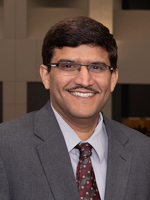
Dr. Amol Janorkar, professor of biomedical materials science and the graduate program director, said he considers himself fortunate to be in a department led by Griggs.
“He spearheaded the department’s efforts and encouraged all faculty to move to a ‘flipped’ classroom method for our dental curriculum three years ago,” said Janorkar, who will take over Griggs’ role when he steps down as department chair July 1. “This move not only increased student engagement in the dental materials topics over the past few years but proved vital for us to seamlessly deliver our lectures in an online format this year during the COVID-19 pandemic.”
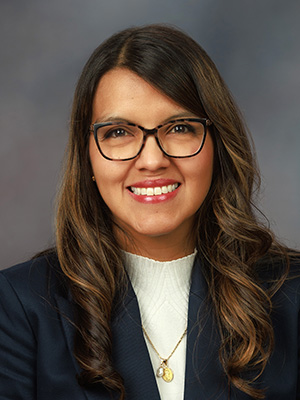
Dr. Susana Salazar Marocho, an assistant professor in the department and a former student of Griggs’, said Griggs is involved with students and has a unique ability to identify students’ strengths and weaknesses. He then helps them build on those strengths and improve any shortcomings.
“He left a legacy in everything he did (as department chair),” said Salazar Marocho. “His energy, effort and love for what he does is contagious, and it inspires me.”


